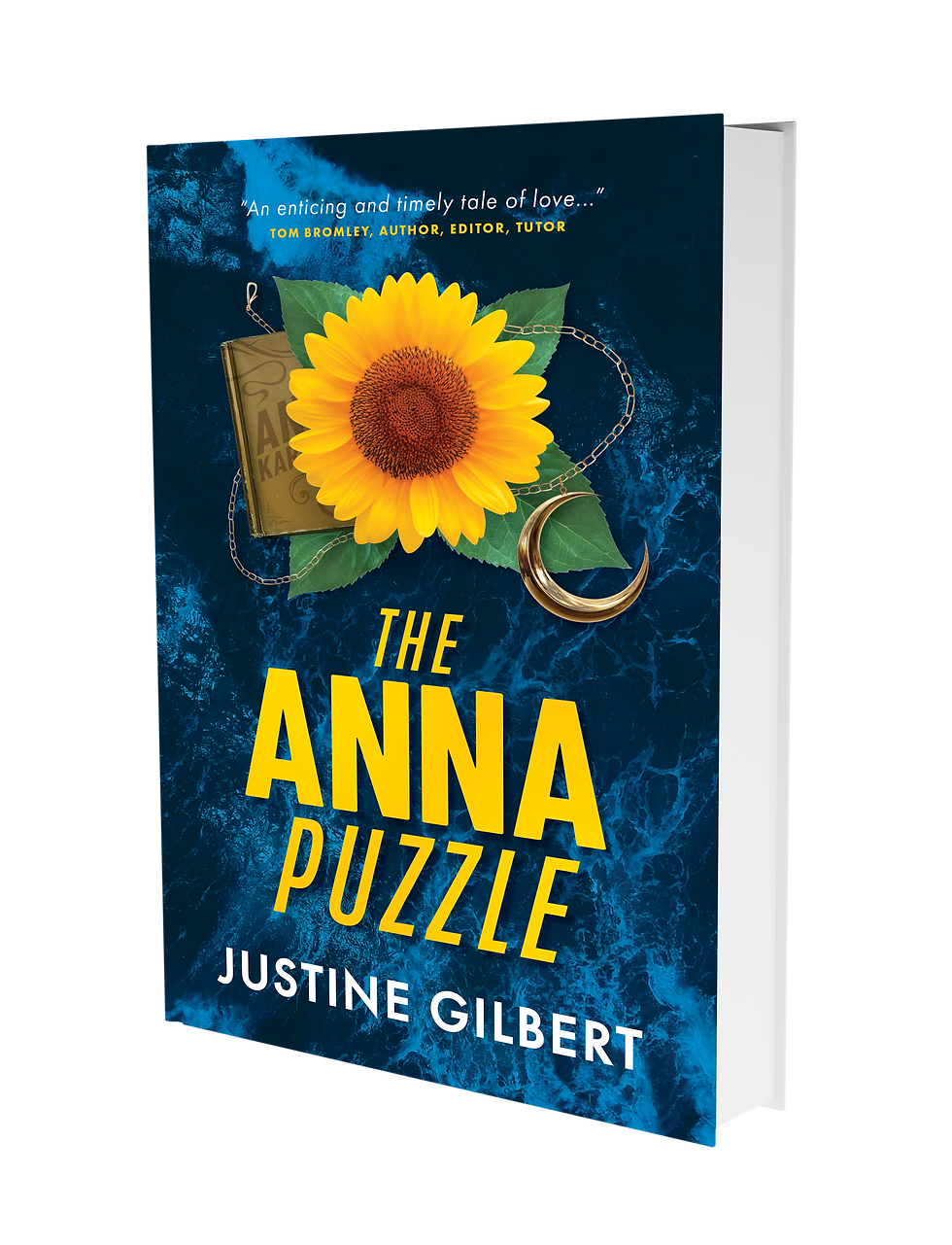The Proof of the Pudding
- justinegilbert21
- Feb 18, 2024
- 4 min read
Updated: Dec 1, 2025

I have just read The Left Hand of Darkness by Ursula Le Guin. In 2018, Gollancz released a republished version of this novel to coincide with the author's death. It was originally written in 1969. As expected from the talented pen of Le Guin, this Sci-Fi novel lacks guns, wars, and high tech, but is as fresh today as it was fifty years ago.
So, why do I want to talk about proofreading? As I read this classic, I kept wondering if the new edition had kept the old format. After all, the covers had changed, so what about the text? My first thoughts were about italics. The usage of this font has changed over the decades of computers.
Therefore: 'The Hand of Darkness' could be The Hand of Darkness.
Does this make a difference? Well, yes, in as much as the manner and consistency of style matters. For example, in modern novels, many authors leave out speech marks. So what is the about-to-publish author to do? If you're with an established publisher, they'll make this decision for you. But if you are self-publishing, you might be tempted to let a friend cast a quick eye over the manuscript. Beware. Without a proofreader, your novel could resemble an amateur production!
But, I hear you say, there are computer programs to do this! The AI debate! Remember all those errors in your predictive text? To state the obvious: AI ain't human!
Let me explain further. I've written a murder mystery set in Tuscany. It's been Beta read and had many eyes on the plot. But having satisfied myself that it is ready to go to market, I found the services of the lovely Victoria Kennar, a professional proofreader. I was expecting nothing more than a few missed commas. Oh, how wrong I was!
Grammerly, MSWord check, Autocrit, and ProWritingAid to name a few, do not spot everything. I've used most of them at one point or another. So, what did she find?
Firstly, she pointed out that I chopped and changed between putting in the Oxford comma and leaving it out. Who knew? The grammar programs accepted both. As a former English teacher, my inconsistent usage hadn't even occurred to me.
But it's only a comma, you say.
It didn't stop there. I chopped and changed between the Italian police, versus the Italian Police. I had a tendency to spell Piazza (the Italian word for a local square in the centre of town) as piazza. (Easy to misread as pizza.) I used Italian words, italicising some and not others. A smorgasbord of correct but inconsistent usage.
Some modern writers believe that even if a character speaks in another language, it should be unitalicised. In Le Guin's novel, I noticed wherever a character spoke in a different tongue, she italicised the writing. (The word Nusuth was used frequently, with no translation given!) Some editors will tell you to avoid this, claiming it is old-fashioned, others will say it makes things clearer. Another debate is: should you put swear words in italics, but not those that are more familiar word? Is cappuccino like this, or cappuccino like this? Easy to slip up and do both.
Similarly, my speech marks were all awry. As soon as it was pointed out, I realised how glaringly awful it looked to a stranger. I have a Mac and write in Pages, transferring to Microsoft Word before sending the document. In changing from one to the other, glitches became apparent where one program could only see the single speech mark as an apostrophe, and the other saw it as a speech mark, but not an apostrophe. (Confused – look at the picture!)

Next, the thorny matter of Soft Spaces. People often overlook extra spaces between words. Who notices a space until they see it in a printed book? Then it's an irritating lack of professionalism!
And finally, certain spellings differ, but if it's a homophone your program will accept either.
curb versus kerb
cereal versus serial
program versus programme
Not to mention American spellings versus the English, e.g. recognise versus recognize. Some are even picked up and altered so fast by your computer, you don't notice. Ever had that happen in a text? You missed it and it's sent!
Still not persuaded you need a proofreader? Why skimp on this necessary process? That lovely tale; that incredible manuscript; the one you slaved over.... It could look like the work of a child if you upload on Kindle without sending it to be proofread. And I don't know about you, but I can't imagine asking my friends to spend time on such a painstaking task. Therefore, I opted for the services of a professional, diligent, and patient proofreader to look over my 88k word novel.
I'm so grateful to Victoria for her eagle-eyes, not to mention her unwavering attention to style and detail, as well as her invaluable advice.
Thank you, Victoria Kennar, professional proofreader
Montecatini by Justine Gilbert will be published later this year.
A nameless child murdered on an Italian beach, an Italian conman found dead in London. All clues lead to the Tuscan hillside town of Montecatini.

Also by Justine Gilbert, Daisy Chain https://www.claretpress.com


